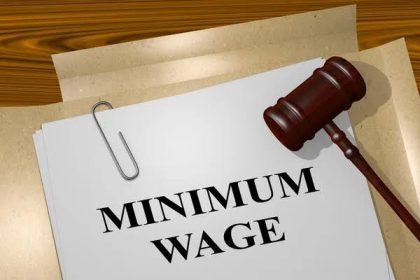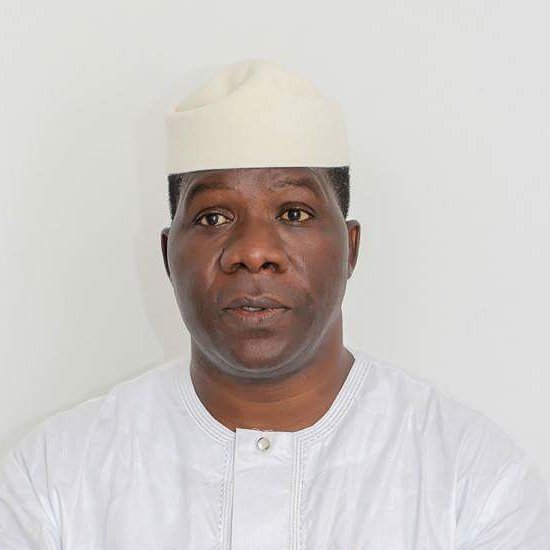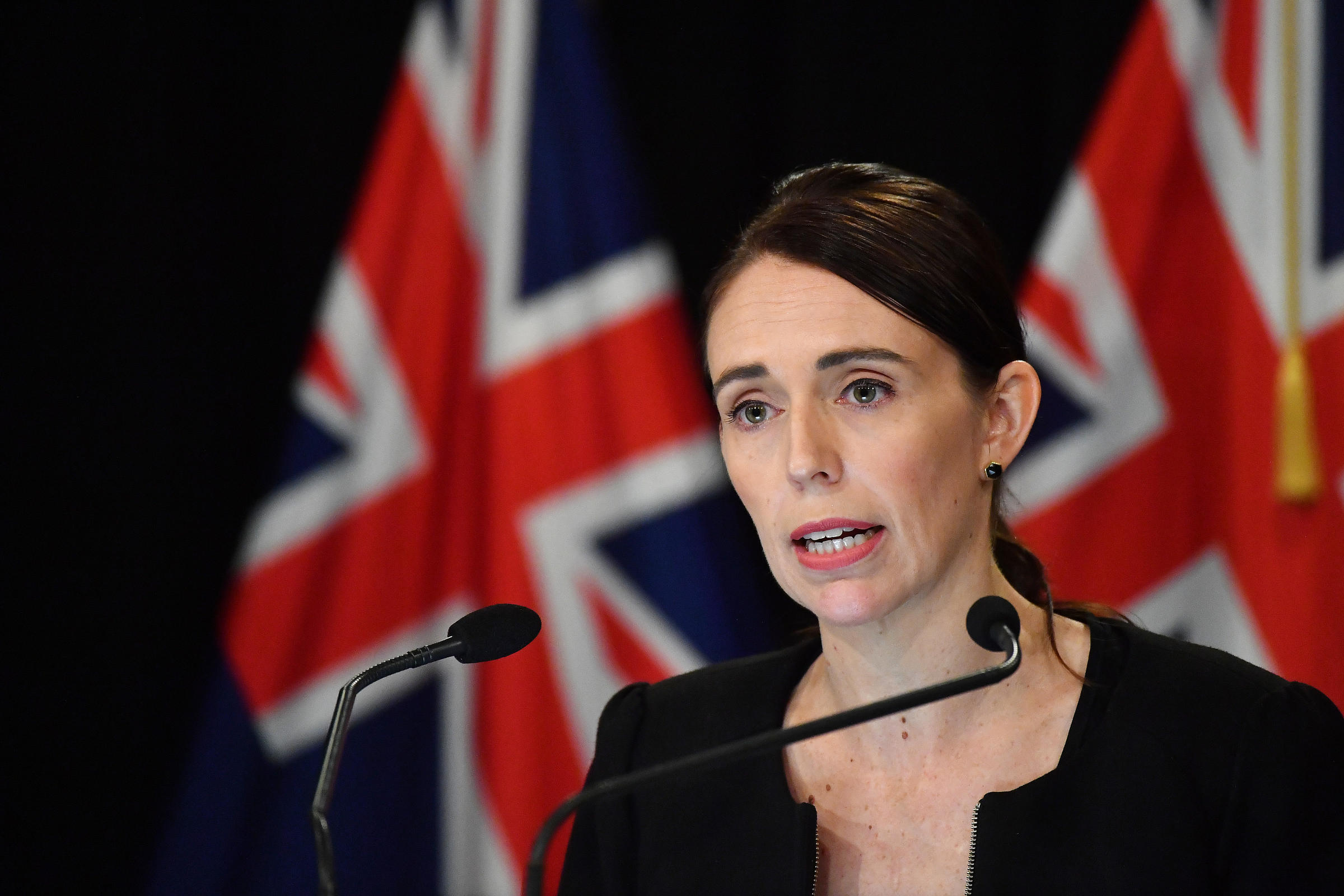Minimum wage: What is in it for workers as negotiations begin?
Minimum wage: What is in it for workers as negotiations begin?
ASUP urges FG, states to pay arrears of minimum wage
Eniola Olorundare The Academic Staff Union of Polytechnics (ASUP) has called on…
10 states yet to pay minimum wage – Union
The Association of Senior Civil Servants of Nigeria (ASCSN) on Thursday said…
Ogun won’t slash salaries, reverse minimum wage — Abiodun
Gov. Dapo Abiodun of Ogun on Thursday assured that he would neither…
Minimum wage: Transfer to concurrent list won’t work – FG
The Federal Government has assured workers that the transfer of the National…
Make N30,000 minimum wage profitable to workers, senator tasks FG
Senator Opeyemi Bamidele, Chairman of the Southern Senators’ Forum on Saturday appealed…
New minimum wage increment to be reflected in old pension scheme— FG
The Federal Government has approved the adjustment in pensions of retirees under…
New Zealand increases minimum wage
New Zealand will from April 1, 2021, raise the national minimum wage…
Kogi teachers demand for payment of minimum wage
A group, Basic Education Teachers’ Association of Nigeria (BESAN), has demanded for…
Zamfara govt receives report on N30,000 minimum wage
Zamfara Government on Tuesday received reports of the Minimum Wage Implementation Committee…









